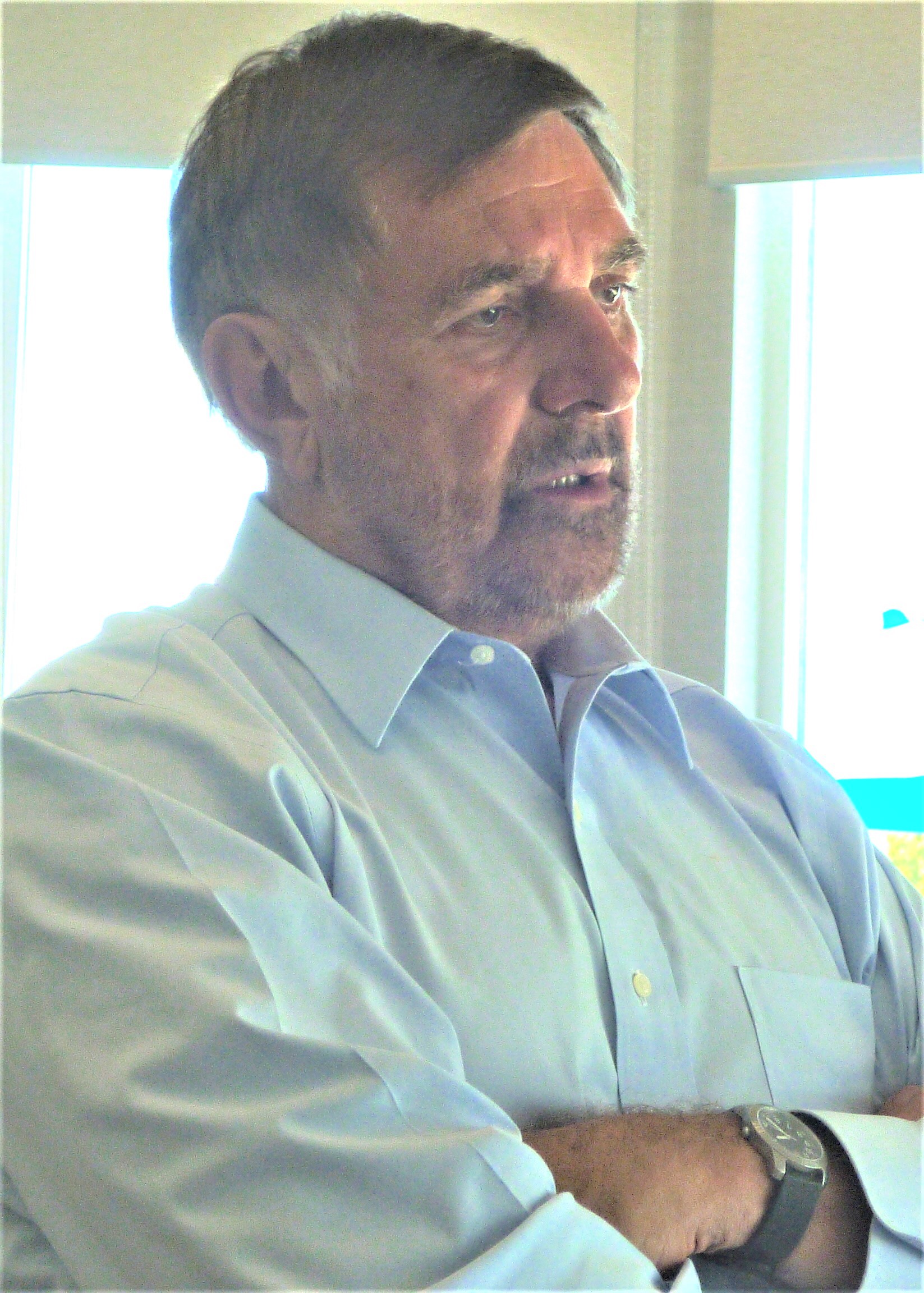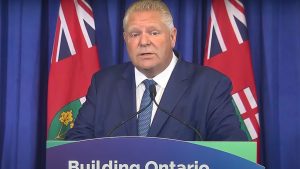New Ontario Premier Doug Ford might be too busy addressing Ontario’s fiscal woes in the early days of his government to initiate major reforms that would affect the construction sector, the guest speaker at the Residential and Civil Construction Alliance of Ontario’s (RCCAO) recent annual general meeting told members.
With developers and constructors eager to gain insights into the direction of the new Progressive Conservative government, former City of Mississauga commissioner of planning and building Ed Sajecki, now an urban planning consultant, was asked to comment on Ford’s tendencies and predict policies during the luncheon event held at the Copper Creek Golf Club in Kleinburg, Ont. June 28.
It was the day before Ford and his new cabinet were to be sworn in and followed a similar event the same day, an Urban Land Institute (ULI) forum at which panellists attempted to dissect Ford campaign promises related to growth and development, said Sajecki, who attended both gatherings.

“The development industry likes certainty, and so while they may not have agreed with some of the initiatives of the previous government and they may have agreed with others, to go into a period of uncertainty can be problematic for the industry,” said Sajecki in an interview.
Areas of concern at the ULI event enumerated by Sajecki and in many cases again discussed at the RCCAO meeting included reform of the former Ontario Municipal Board, the Greenbelt, the land transfer tax, rent control, inclusionary zoning, the foreign buyers tax, the government’s commitment to regional GO expansion and the effects of a possible slashing of the gas tax, which funds municipal infrastructure.
“They felt that the real estate development landscape has been shaped by the Greenbelt, by the growth plan and by Metrolinx’s regional transit plan and there are other initiatives out there,” he said. “There was a fair bit of discussion as to whether the government might get involved in looking at any refinements to those.”
But Ford will first take a hard look at the government’s accounts, suggested Sajecki.
“I think the general conclusion is that the government will be heavily involved in looking at the fiscal situation of the provincial government and revenue shortfalls that need to be accounted for given some the initiatives they have announced both in capital new builds but also things like cap and trade and so on,” said Sajecki.
Land development issues, “while important to all of us, might not be top of mind to the new premier,” he said.
The PCs earned a majority in the June 7 election with 76 seats, followed by the NDP with 40, the defeated Liberals with seven and the Greens with one.
Ford tends to keep his promises, he is suspicious of elites and he is authentic, Sajecki told the RCCAO members.
Ford’s top priorities during the campaign were to eliminate the cap and trade system, provide tax relief, clean up Ontario Hydro and create jobs by showing “Ontario is open for business,” Sajecki added. The Ford government will cut income taxes, eliminate taxes on the poorest wage earners and keep rent control for existing units.
“I believe he will do some bold things right off the bat,” said Sajecki.
On infrastructure, Ford has promised to rebuild Ontario and is committed to funding existing transit plans for all-day regional GO service and other major builds across the province, said Sajecki. Ford also promised to spend $5 billion more on subways in Toronto during the campaign.
Sajecki indicated Ford supported the role of Infrastructure Ontario and P3s and he might be open to greater private sector involvement in infrastructure development.
To show he is serious on the open for business pledge, Ford “has said time and again he is going to be cutting red tape and that in order to get more housing, that is a process that has to be speeded up, and I think he will for sure be looking at both of those,” Sajecki said.
Regarding the gas tax, Sajecki said, “The one thing that he has committed to is that he will not cut funding to municipalities and that is a source of funding to municipalities. So where he finds that revenue, that would be part of his initial review. Will there be other revenue sources? I don’t know at this time. Economists are saying there is a gap and they will likely run a deficit.”











Recent Comments